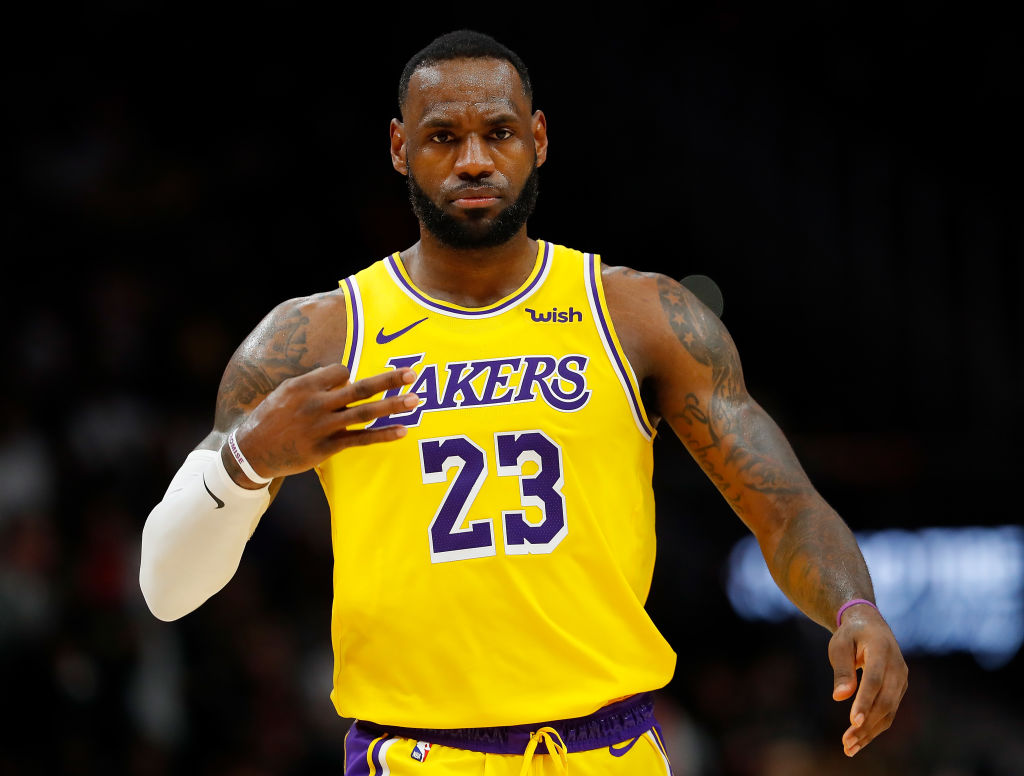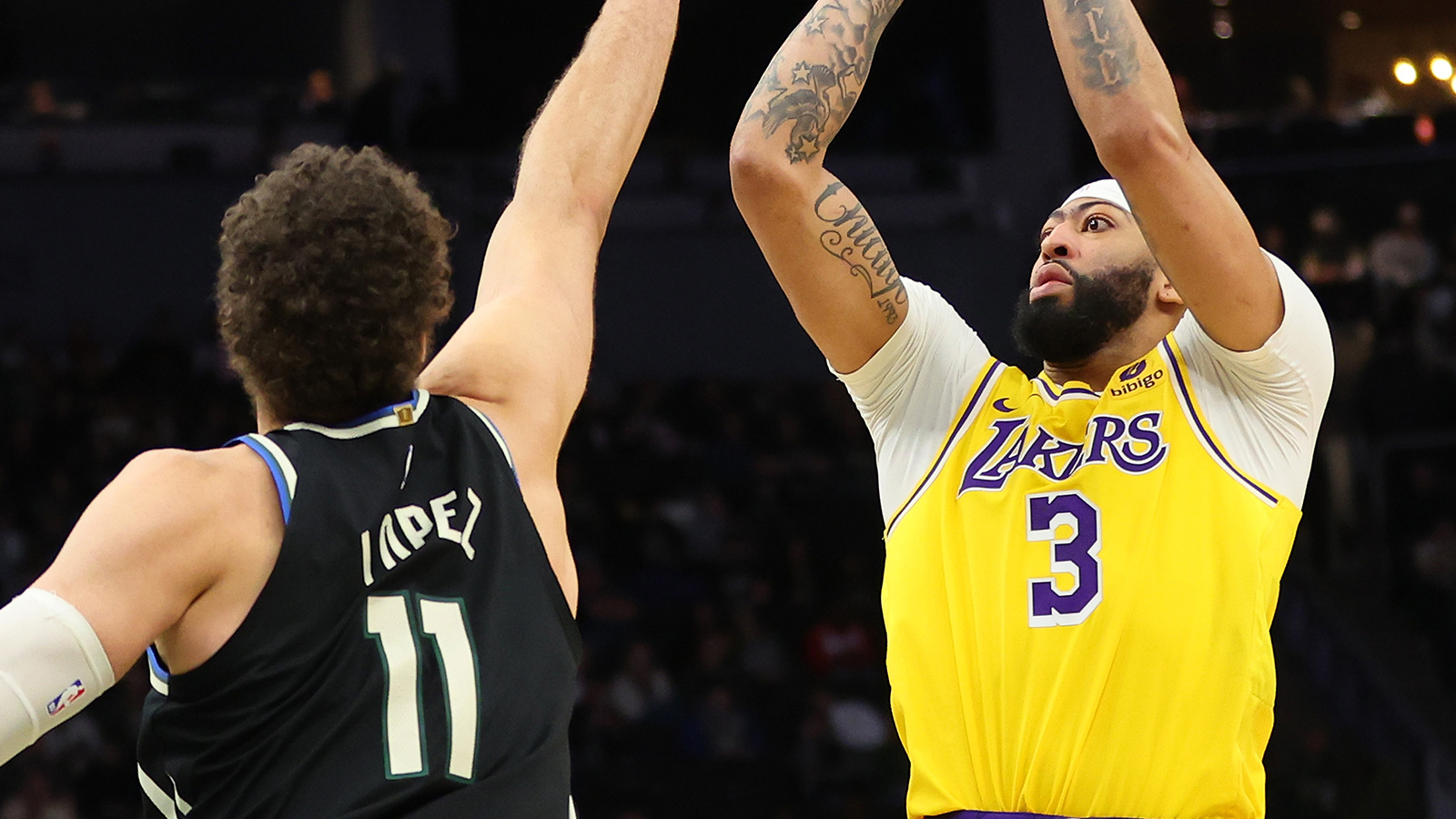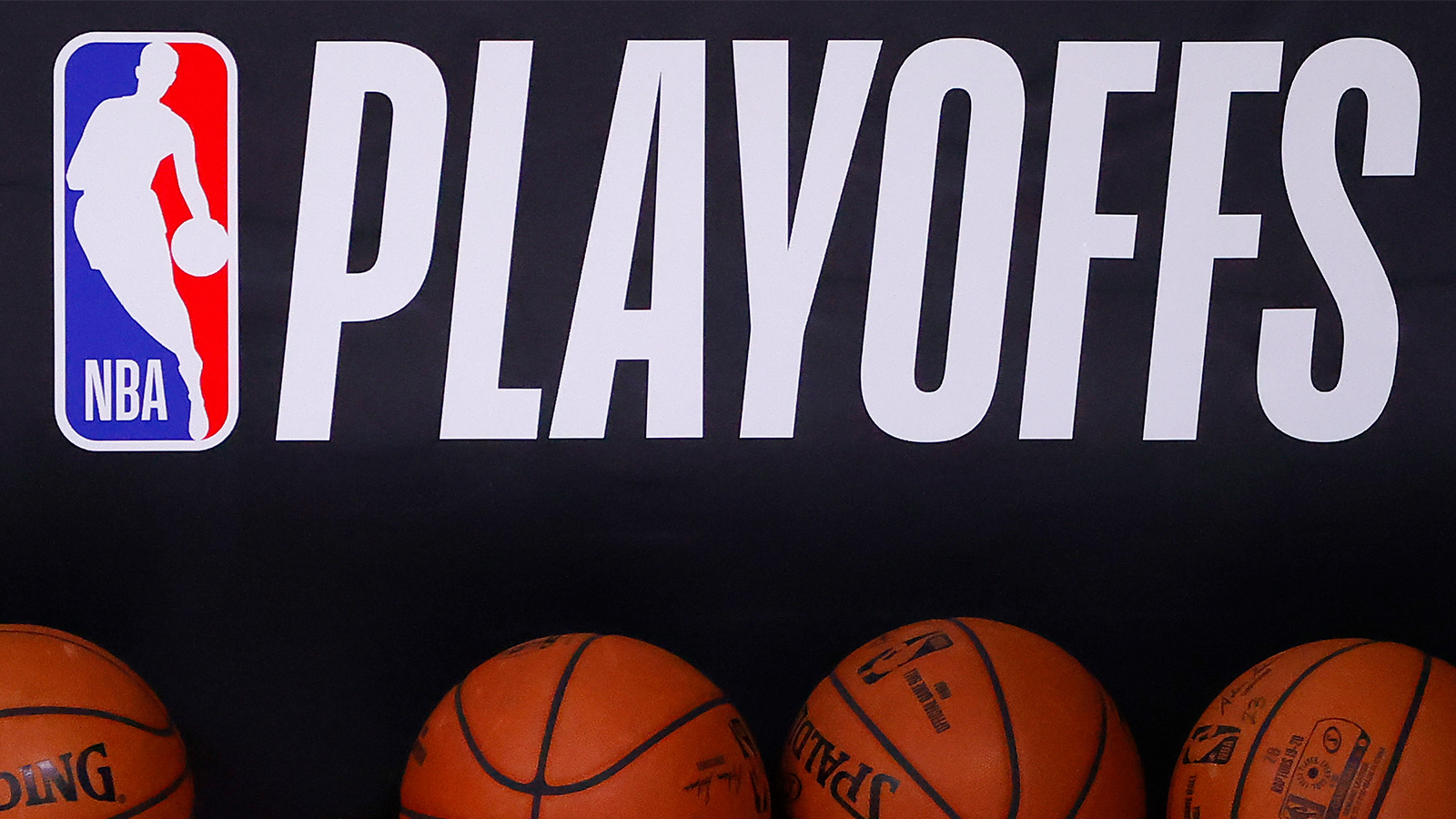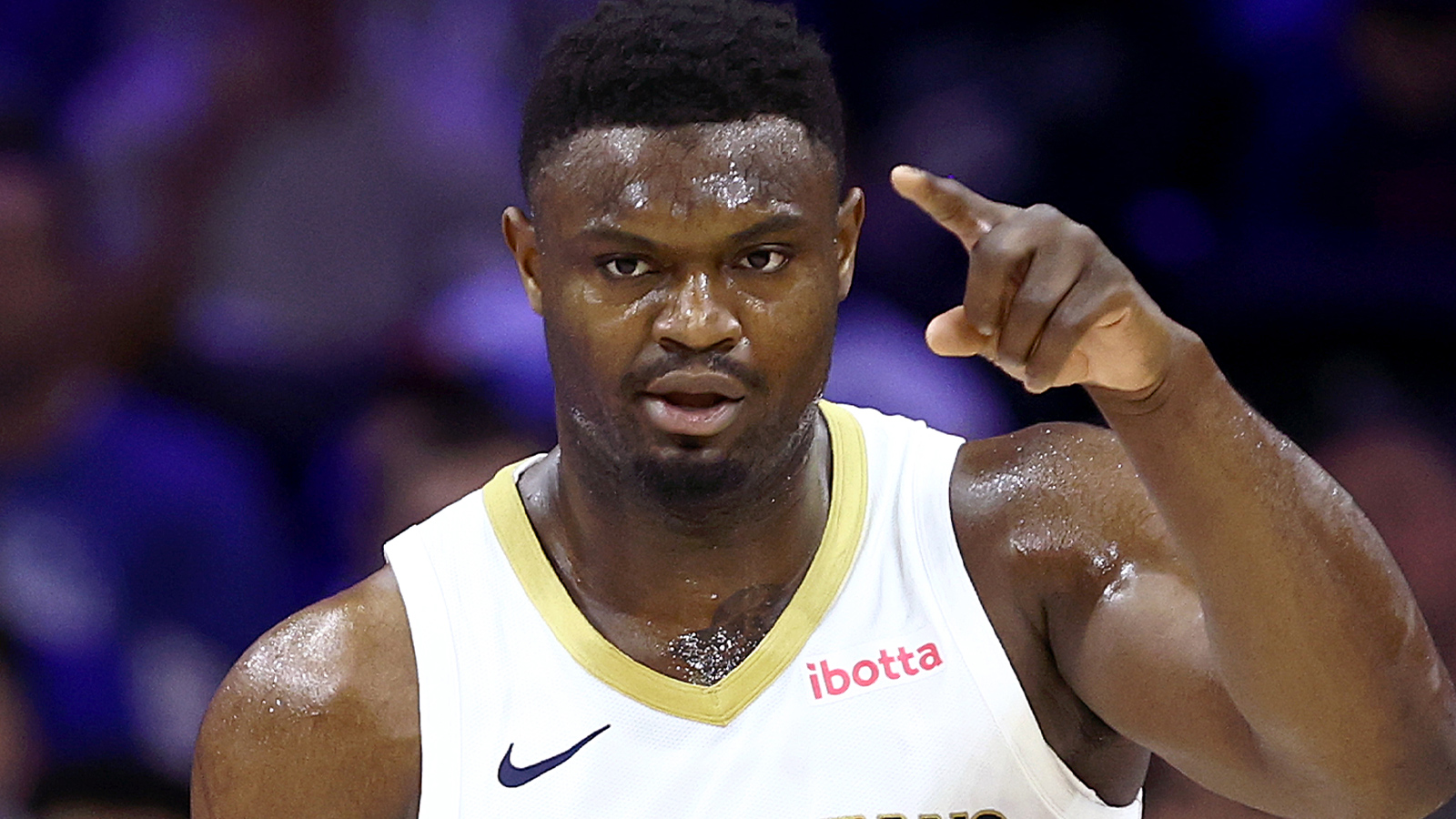
Why LeBron James Won’t Be Taking Games Off Any Time Soon
In the early 2000s, LeBron James burst onto the national scene as a high school phenom. Since then, he’s established himself as one of the greatest players in NBA history; in that time, he’s done virtually everything possible on the basketball court. Given that reality—and the fact that he’s no longer a young man—he’d be more than entitled to take an occasional night off.
LeBron, however, wants to spend as much time on the court as possible. In fact, he cited one specific motivation to keep playing night in and night out.
Load management in the NBA
NBA players like LeBron James may be capable of incredible things on the court, but they’re still human. That means they feel aches, pains, and fatigue like the rest of us. It’s hard to play your best when you’re feeling banged up, which is why teams are utilizing load management programs.
Those programs are designed trainers and sports scientists to keep every player performing at the highest level. Over the course of the season, various data points, such as in-game exertion and recovery time, are tracked; when taken in combination, they tell the team when a player might need to dial things back to avoid pushing himself too hard.
While it’s easy to write load management off as catering to spoiled, modern players, the program isn’t grounded in laziness. No one is taking a game off because they are “tired” or don’t feel like playing; it’s all about looking at the big picture and ensuring every player is at their best for the most important games.
LeBron James’ isn’t interested in load management
In addition to being an excellent all-around player, LeBron James has been remarkably durable. The forward has only failed to reach the 70 game mark three times in his career; the fewest games he’s ever played in a season was 55, which came last year as he battled a nagging groin injury.
Given that track record, perhaps it’s not surprising that LeBron isn’t a big fan of load management. “If I’m hurt, I don’t play. If not, I’m playing,” he simply explained earlier in the season. “LeBron’s healthy, LeBron’ll play. That’s all I’ll talk about. I don’t talk about nobody else but me.”
At the same time, however, the Lakers are trying to rest James in a way that keeps everyone happy; the club doesn’t want to upset their star player, but they also don’t want him running out of steam in April. “Whether it’s off days in practice or minimize his minutes, minimize his load,” head coach Frank Vogel said after a November practice. “There’s some things built-in scheme-wise that require him to do—to pass some guys off at certain times. Every way we can.”
LeBron does it for the kids
While LeBron James explicitly spoke about load management in November, the topic keeps coming up. Recently, he clarified why he wants to take the court whenever he possibly can. Not only is time ticking on his career, but fans, especially kids, have come to watch him play.
“Why wouldn’t I play if I’m healthy,” LeBron told reporters. “It doesn’t make any sense to me, personally. I mean, I don’t know how many games I’ve left in my career. I don’t know how many kids that may show up to a game that are there to see me play.”
While LeBron makes a perfectly valid point—and one that most fans would probably appreciate—it’s important not to paint all load management with the same brush. Players who are being rested aren’t slacking off or being selfish; they’re doing what’s best for themselves and their team. LeBron James, however, is simply one of a kind.



